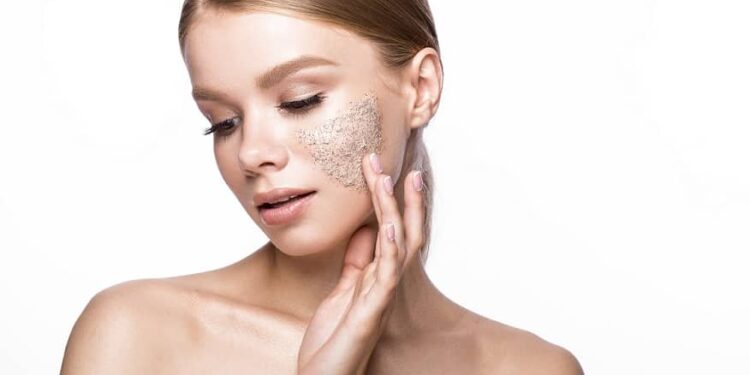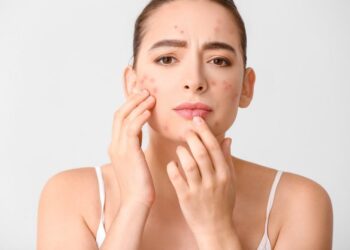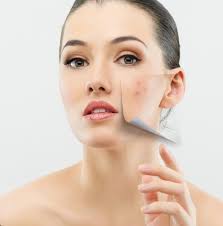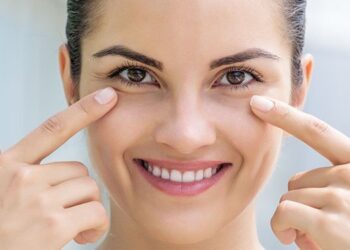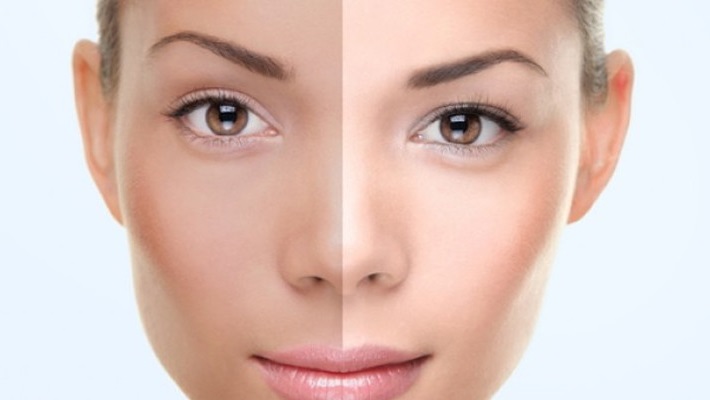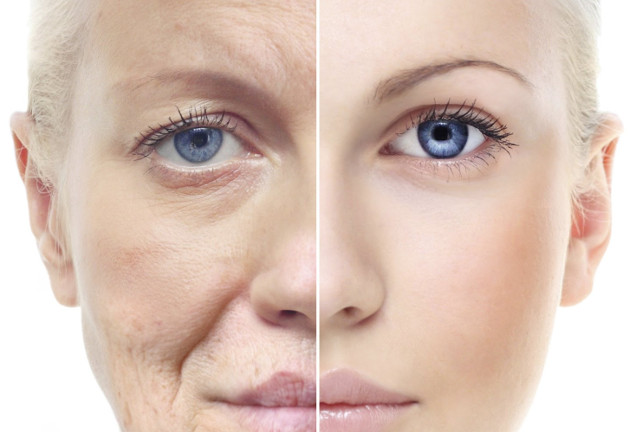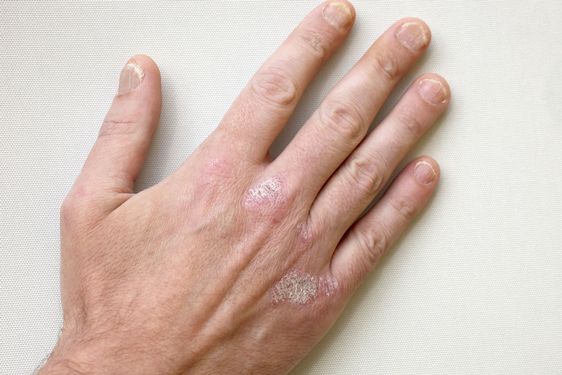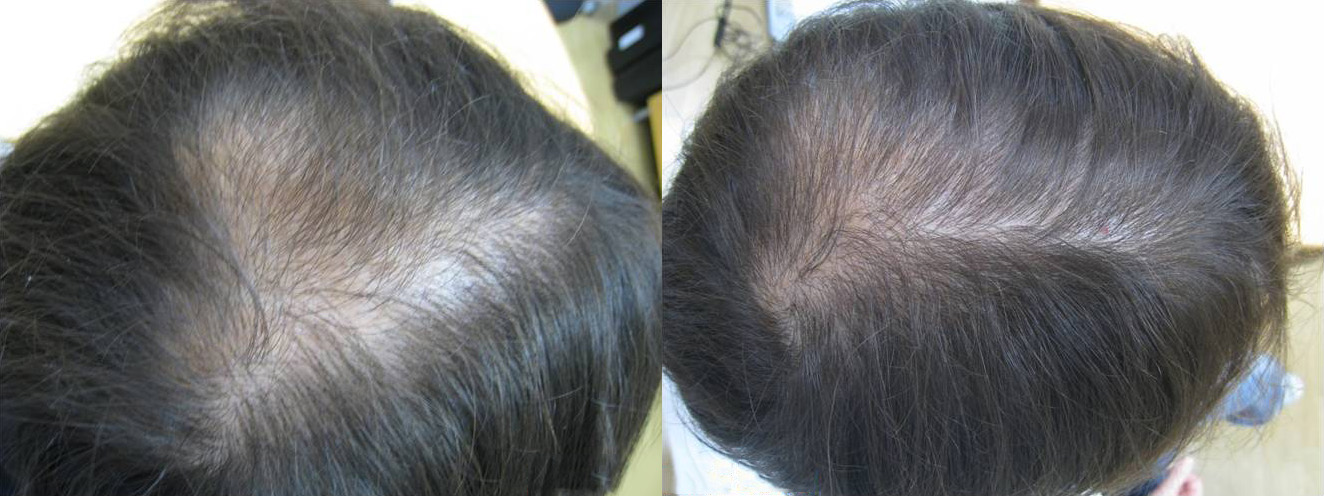Different people in India and across the globe have different skin colors and tones, which are determined by the amount of melanin produced by the body. Melanin is a pigment that is responsible for the color of the skin and hair, and its production depends on a variety of factors.
In most cases, skin pigmentation doesn’t necessarily need intervention by a skin pigmentation treatment clinic, as it occurs naturally. However, in other cases, an individual can experience hyperpigmentation (darkening of the skin) or hypopigmentation (lightening of the skin) triggered by various factors. These factors include:
Genetic factors
Genetics is the number one factor responsible for the color of an individual’s skin. This means it is passed down from family members or parents to kids. If your family has a dark complexion, then it is only logical that you will also be dark-skinned. Similarly, if you come from a lineage of white or brown skin, you will most definitely get the same complexion.
Other genetic factors that affect skin pigmentation include skin conditions such as melasma and vitiligo. If you come from an ethnic background that is more prone to such specific types of skin pigmentation, you are more likely to experience it too.
Prolonged sun exposure
Our body’s ability to protect itself and adapt to different environmental changes is mind-blowing. If you change locations to regions with hot weather or during the hot weather season of the year, you may notice that your skin gets darker.
This is just the body’s natural defense mechanism to protect the skin from heat. Prolonged exposure to the sun or ultraviolet rays tends to increase the production of melanin by stimulating melanocytes. This may also cause sun spots, age spots, and other types of irregular pigmentation.
Skin conditions
Some skin conditions, such as vitiligo, can lead to hypopigmentation due to the loss of melanin. Localized melanin production can also lead to conditions such as lentigines, freckles, and café-au-lait spots.
These conditions are known to be caused by various factors, such as autoimmune disorders, genetics, oxidative stress, hormonal factors, and the type of skin. Environmental factors, such as exposure to some chemicals or toxins, may also trigger some of these skin conditions. Involving a skin specialist like Dr. Rinky Kapoor is important to get suitable advice for treatment.
Hormonal changes
The human body goes through a series of hormonal changes, which can be triggered by different factors such as puberty, pregnancy, menopause, and medicines. Hormonal fluctuations during pregnancy can cause hyperpigmentation. These dark patches often appear on the face and are said to be caused by changes in the production of estrogen and progesterone.
Post-inflammatory hyperpigmentation
PIH can occur when a part of the skin that was injured or had inflammation from cuts, burns, or acne is healing. As the inflammation subsides or the injury heals, the affected area of the skin may be left with a darker spot.
Skin pigmentation treatment
The Esthetic Clinics offer different solutions to prevent or treat skin pigmentation depending on the cause. Something as simple as avoiding prolonged exposure to the sun can prevent the skin from getting darker and also help restore the initial natural skin color.
Other skin pigmentation treatments can include topical treatments, chemical peels, laser therapy, cryotherapy, and microneedling. If you have a skin pigmentation issue, consult with a qualified dermatologist.
